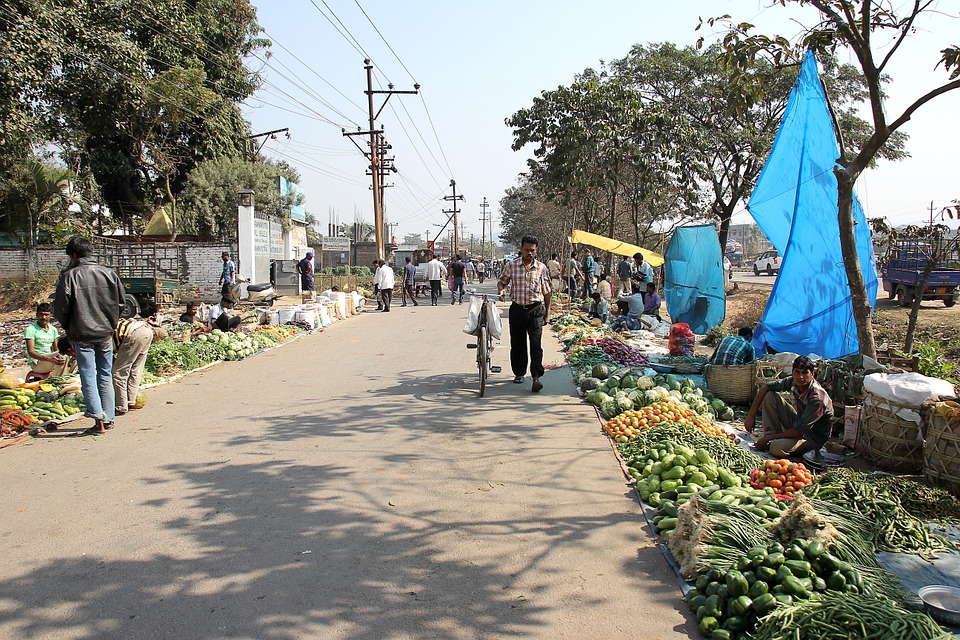7th March 2017
Scientists from the University of Birmingham are calling on innovative British cooling businesses to join them in India as part of a research initiative to help double farmers’ incomes, whilst reducing their impact on the environment.
The Birmingham Energy Institute, supported by the UK’s Science and Innovation team, Department for International Trade, and India’s National Centre for Cold Chain Development, hosted a four-day workshop and study tour.

The event brought together government, industry, technology and academic experts from India and the UK to look at how ‘clean-cold’ technology can help farmers get more food to market whilst minimising their carbon footprint.
The Indian government has identified investment in cold chain logistics as a vital component in its farm income strategy. It has also set ambitious targets to make agriculture and the food supply more sustainable.
Professor Toby Peters, from Birmingham Energy Institute, said: “Prime Minister Modi has set India the target of doubling farmers’ income by 2022. With over 40% of some crops lost between farm gate and market, a seamless ‘cold chain’ is needed to move food swiftly from farm to consumer.
“Any new cold chain infrastructure must be clean. Doubling farmers’ income by expanding the use of conventional, highly- polluting cold chain technologies would simply mitigate one problem by significantly worsening another.
“The key is to translate global science into local solutions – identifying and accelerating deployment of cooling technologies that are sustainable, scalable, and economically viable for India.
Experts gathered in India to develop policy recommendations to overcome barriers, accelerate technology deployment and mitigate areas of risk, as well as galvanising funding for field trials of new innovative clean cold technologies for the cold chain in India.
The event is a key part of a major research project to investigate how ‘clean cold’ could help to achieve almost all of the United Nations’ (UN) global Sustainable Development Goals.
These 17 ‘Global Goals’ commit the international community to put the world to rights by 2030 – abolishing poverty and hunger; providing good healthcare and education; raising people’s quality of life; and cleaning up the environment, whilst promoting economic growth.
Roadmaps produced by the project could provide a global template to help meet the UN targets, as demand for cooling booms in fast growing economies – largely driven by urbanisation and emergence of an Asian Pacific middle class – predicted to rise to 3 billion by 2030 – with lifestyles built on cooling.
The project’s launch report highlights that, as the world’s population heads to 9 billion by mid-century – increasing projected food demand by 60% – we will need far more cooling to conserve food, water and other resources; tackle poverty, hunger, health and climate change; and underpin growth and development.
